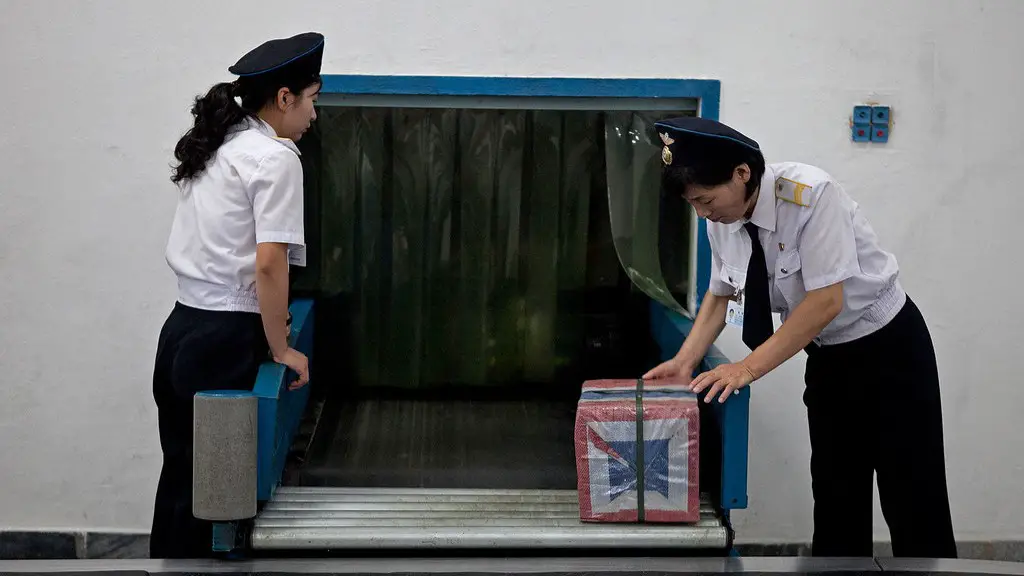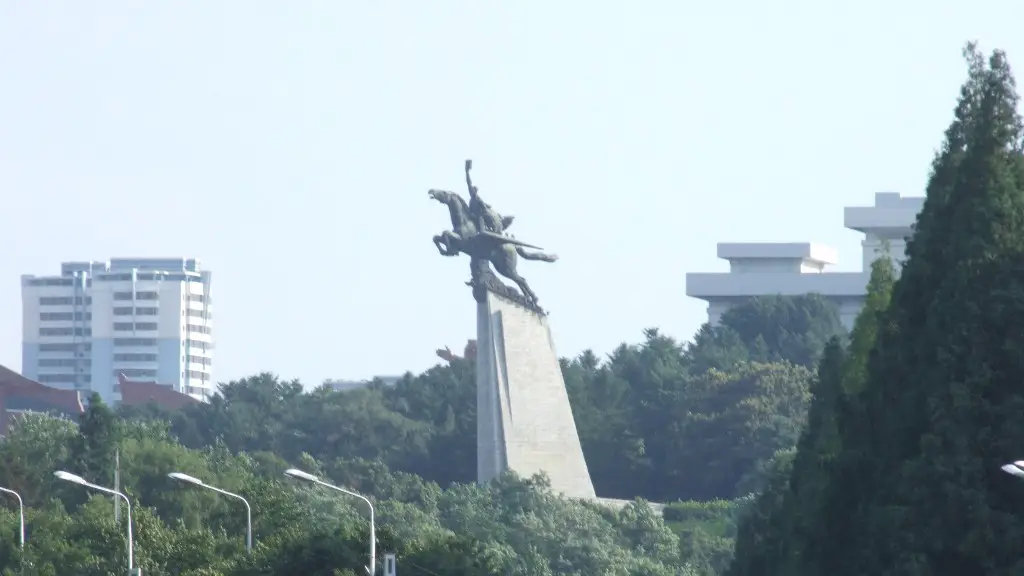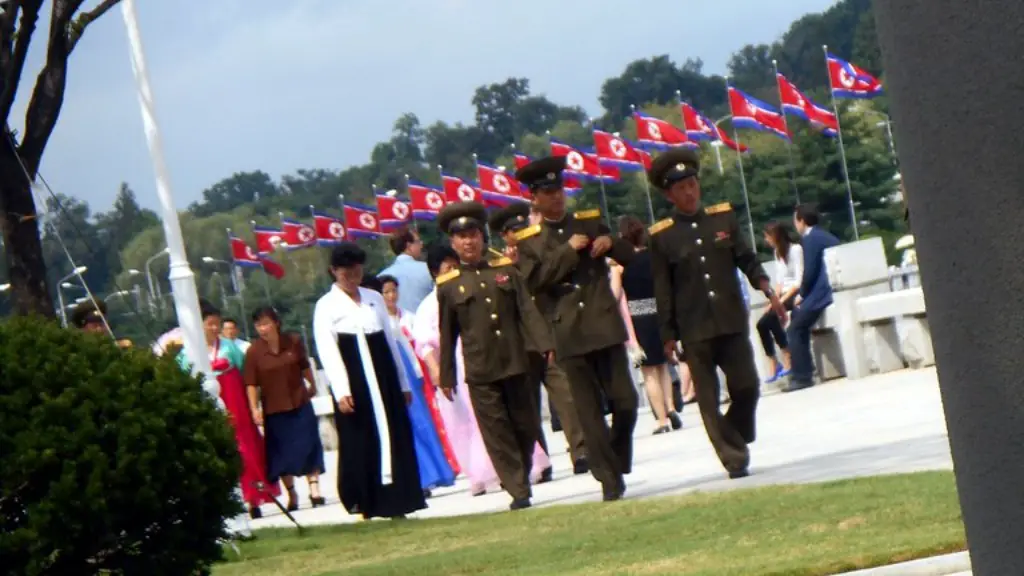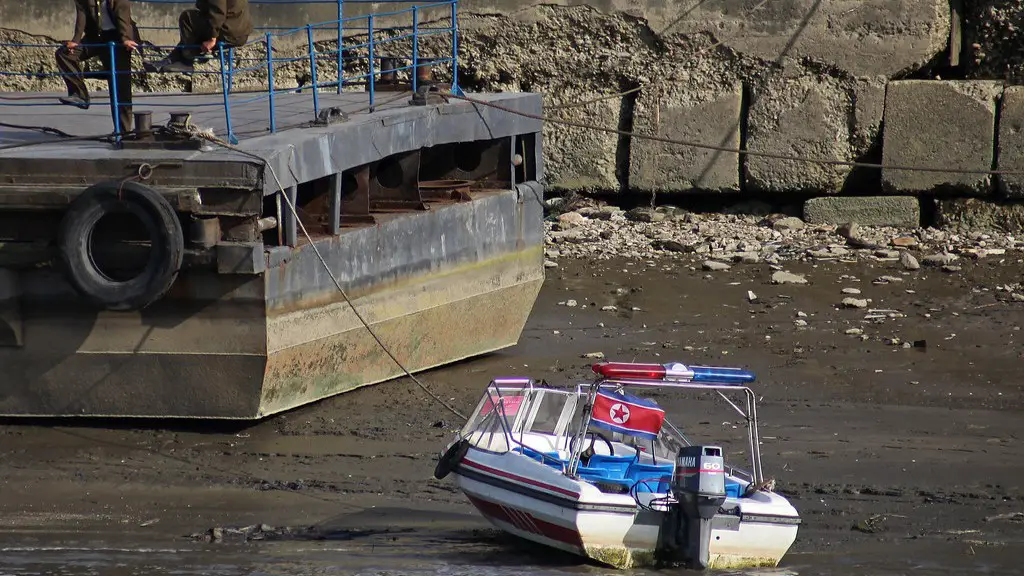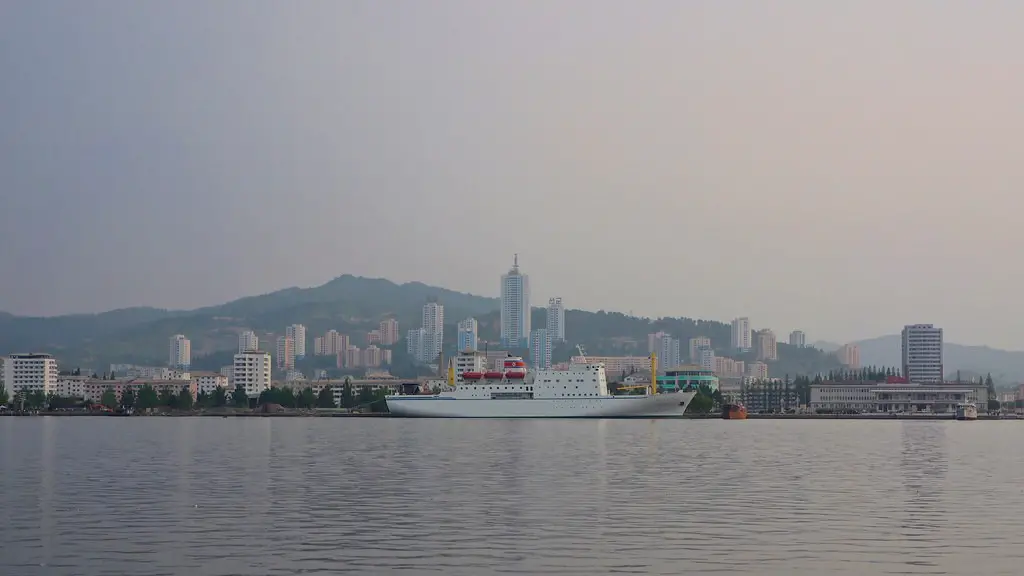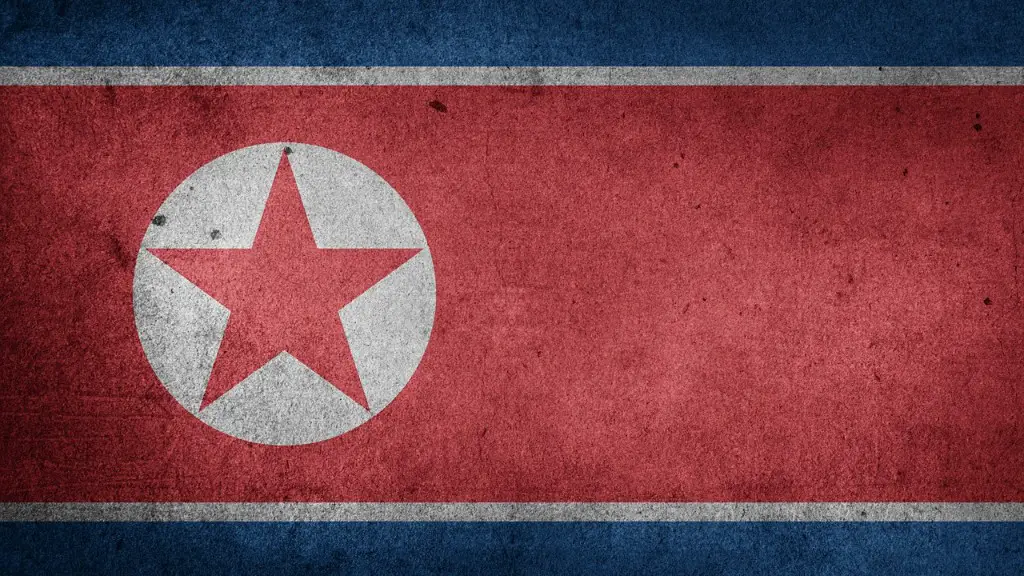Are We Going To War Against North Korea?
In recent years North Korea has aggressively pursued a nuclear weapons program and in doing so has caused global concern. With frequent missile launches and increasing rhetoric from both Washington and Pyongyang, the question of whether or not we are going to war looms. As the situation escalates, understanding the implications and the chances of war breaking out is of vital importance.
The history of the conflict between North Korea and the United States predates the presidency of Donald Trump, and is grounded in longstanding ideological differences. More recently, Pyongyang has aggressively developed its nuclear program, stating “we have finally realized the great historic cause of completing the state nuclear force”, reinforcing the possibility of nuclear war.
However, the diplomatic efforts of Washington have been unable to dissuade North Korea from expanding its nuclear program and the red lines set out by both sides have continually been crossed. Consequently, military action and sanctions have been floated as potential solutions, with further reports of a US-South Korean plan to use a “freeze for freeze” strategy, involving a suspension of North Korean testing in return for a once-off suspension of joint US-South Korean military exercises.
The risk of an escalating conflict is becoming increasingly real as rhetoric continues to ramp up and Pyongyang insists any negotiations must be done on favorable terms. On the other hand, President Trump has indicated no willingness to compromise with only broad exemptions for sanctions offered for the return of Kim Jong Un’s three American hostages.
Prevalance of War Scenarios
The seriousness of this particular escalatory event is supported by the number of war simulations conducted by numerous institutions. For example, the Centre for Strategic and International Studies (CSIS) in Washington has simulated a war between the US-South Korea alliance and North Korea 10 times, finding that up to 300,000 people could be killed in the first days of a conflict, even without a North Korean nuclear attack.
As a result, there has been a sharp focus on de-escalation, with a variety of measures suggested in order to prevent a potential war. Among them is the establishment of a peace regime, as proposed by South Korean President Moon Jae-in and China. Such a plan would involve normalized relations between North Korea and the United States, as well as a legally binding agreement.
However, given the history of negative relations between both states, successfully executing a peace regime may take much longer than many hope. It has been suggested that an interim solution could include forms of ‘tit-for-tat’ cooperation, such as economic exchanges and regular diplomatic engagements.
Considerations of the Cost of War
Both countries remain unwavering in their stance, and with the US focus on increasing sanctions and China’s reluctance to enforce the latest sanctions, there appears to be little in the way of diplomatic progress. While the implications of military action remain serious, the consequences of not containing North Korea’s nuclear threat must also be considered. It is likely that a failure to contain Pyongyang may create a new generation of nuclear powers and increase the risk of nuclear proliferation.
Not to mention, of course, the terrible consequences of a war itself. It is estimated that as many as 1 million could be killed in a conventional conflict, with hundreds of thousands more injured and the social, economic and environmental devastation far reaching. The cost of such a conflict is impossible to truly estimate, however, taking into account the human cost alone, it is clear the price of war is too high.
International Efforts Toward the Prevention of War
Many countries have encouraged dialogue between North Korea and the US to help de-escalate the situation and prevent war breaking out. These include China, Russia and South Korea, who have all shown a willingness to work towards a peaceful resolution. Especially China and Russia, whose increased pressure on North Korea has been vital in the negotiations.
The United Nations has also been active in attempting to end the conflict and return to diplomatic stability. Their chief weapons inspector, Hans Blix, argued that a deal can only be achieved if the two sides return to the negotiating table and work together in order to come to an agreement. This is supported by UN Secretary-General António Guterres, who stated: “We need diplomacy to help reduce the risk of war.”
South Korea too is playing a very active role in the process. President Moon Jae-in has suggested the establishment of a nonaggression treaty with the North and declared his hope for a peace treaty to replace the existing armistice, as well as proposing a ‘freeze for freeze’ strategy. He has also extended multiple olive branches to the North, including a summit between the two leaders. Whether this carries enough diplomatic clout to avert war, however, remains to be seen.
Attitudes Towards War at Home and Abroad
The possibility of war between North Korea and the US, a conflict which could drag in other states, has generated concern around the globe. In Washington, those against a war say that military action will not be successful in the long run and may result in catastrophic consequences.
When it comes to American citizens, the majority are opposed to a potential conflict, with a recent survey by the Council of Foreign Relations finding 62 percent of Americans against a war and only 22 percent in favor. Among Democrats surveyed, the gap was even wider, with 79 percent opposed to a war, compared to 23 percent in favour.
Outside of the United States, similar trends can be observed, with 82 percent of Koreans against a war, according to the latest Gallup Korea poll. This, along with the reports from the South Korean media, show an overwhelming majority of people from the peninsula hoping for diplomacy instead of conflict.
Implications for the International Community
A war between North Korea and the United States is one of the most pressing and dangerous issues of our time, with implications to the global economy, security, and international politics. A war between the two countries would undoubtedly create a global ripple effect and guarantee a period of intense global instability, threatening to destroy years of progress made on a number of fronts.
The security implications of a US-North Korean conflict would also be significant, with both countries’ nuclear arsenals capable of the destruction of entire cities. It has been suggested that North Korea may authorize mass cyber-attacks on targets in the West and that if a conflict was to occur, it could potentially lead to wider war in the region.
The economic implications of war would also be severe. The United Nations warned “a conflict could have a severe impact on the global economy as trade networks are disrupted, investment slows and commodity prices rise due to the heightened risk environment”.
Conclusion
Ultimately, the question of whether or not we are about to go to war over North Korea remains unanswered. The war of words between Pyongyang and Washington continues, with the possibility of a full-scale conflict becoming increasingly likely. Nevertheless, the continued diplomatic efforts of states such as South Korea, China and Russia, still give some hope for a more peaceful resolution.
